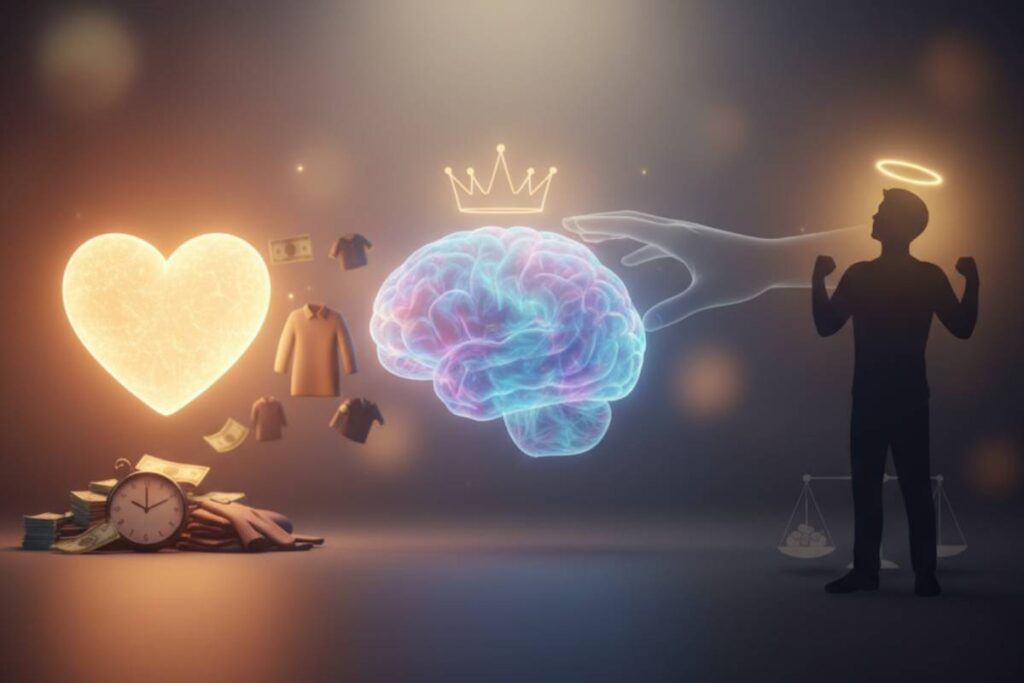
Donating is often considered the highest form of selflessness — a person gives money, things, or time to help others. However, behind the beautiful slogans lies a completely different reality. Most donations are not motivated by altruism. They are transactions of the mind, an exchange for the feeling that you are good and important, thereby gaining mental satisfaction.
We can define this mechanism as “donating is buying mental satisfaction.” Sometimes the price of this satisfaction is money, sometimes time, sometimes simply things that are no longer needed. The result is almost always the same — people feel better about what they have done.
What people buy with their donations
- Internal satisfaction
The feeling of “I am a good person” is the most common argument people give for donating. Psychological balance for everyone. - Recognition and status
When donating openly, people often expect gratitude or respect. This helps to build a reputation and strengthen one’s place in society. - Reducing feelings of guilt
Many people donate to reduce their inner discomfort about their privileges or living conditions. It is a psychological ransom: “I am doing well, but at least I am giving something to others.” - Sense of belonging
Donating creates the impression that you are part of a community or a larger idea. It provides a sense of unity, that you belong to something bigger than yourself. - The illusion of karma
The belief that “good will come back” is a powerful motive. Even if there is no proof, the hope for this good return creates a sense of inner peace.
Is there such a thing as “selfless” donation?
Even if a person donates anonymously, they still know that they have done so. And that is enough to feel psychological reward. Human nature tends to seek meaning in our actions, and this meaning itself becomes a reward. Therefore, talk of complete selflessness is more myth than reality.
And even if a person claims to donate “just because they need to help,” their internal system already rewards them with a sense of satisfaction. This is not evil or reprehensible, but it shows that giving is always, primarily, motivated by the satisfaction of one’s own desires. People are unable to completely switch off their ego — even in seemingly altruistic actions, people encounter their inner “self”.
The role of illusion in society
It is beneficial for society to maintain the perception that donating is purely charitable. This encourages more people to get involved, as they see themselves as kind and important. Organizations use this mechanism in marketing — stories of suffering and gratitude directly influence a person’s desire to buy this missing emotion for themselves.
This illusion allows the system to function. People donate to feel better, but as a result, those who really need it are also helped. It is a symbiosis: some receive real resources, others receive mental satisfaction.
Donating is not as innocent and blissful as it is often portrayed. It’s not just about helping others, it’s always about satisfying yourself. It is precisely this inner feeling of “I have done something good” that is the reason why people continue to donate. Donating is a market, only the currency is not euros or dollars, but “mental comfort”.